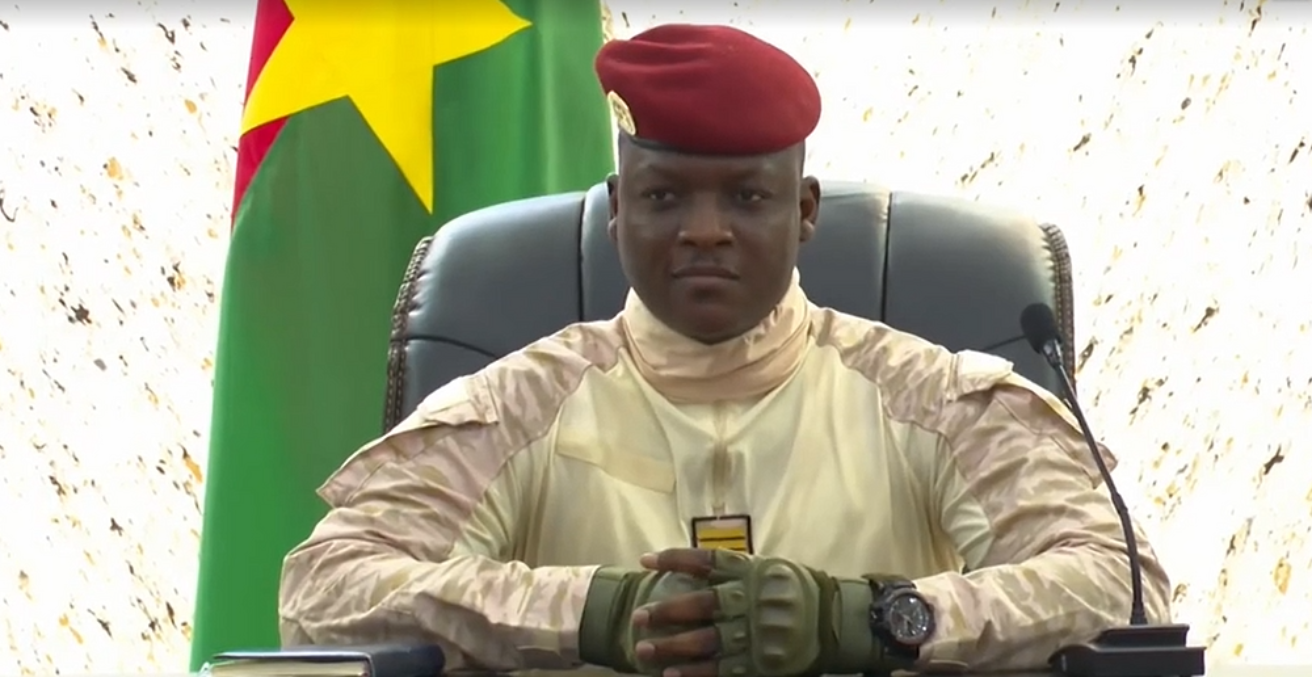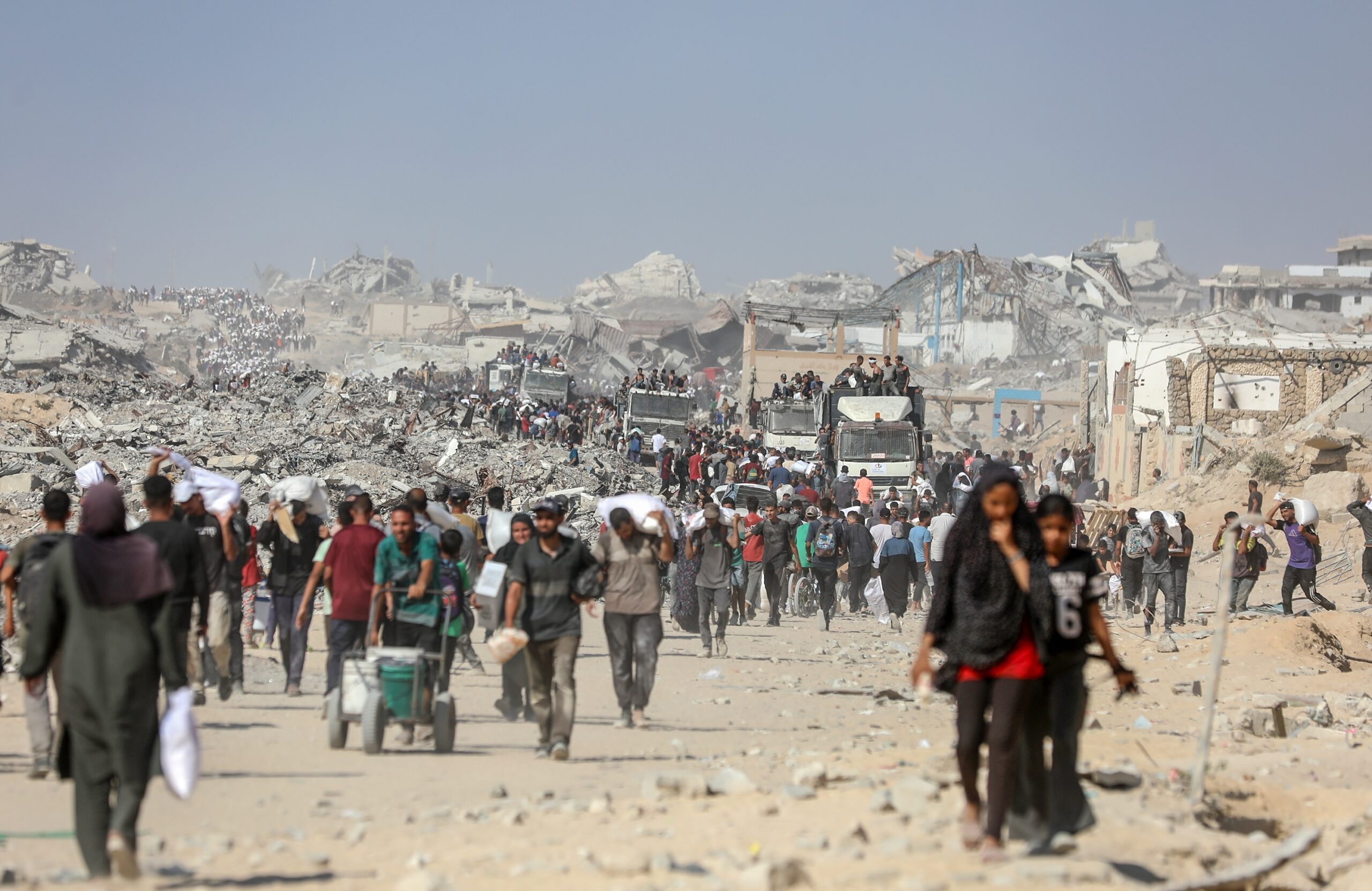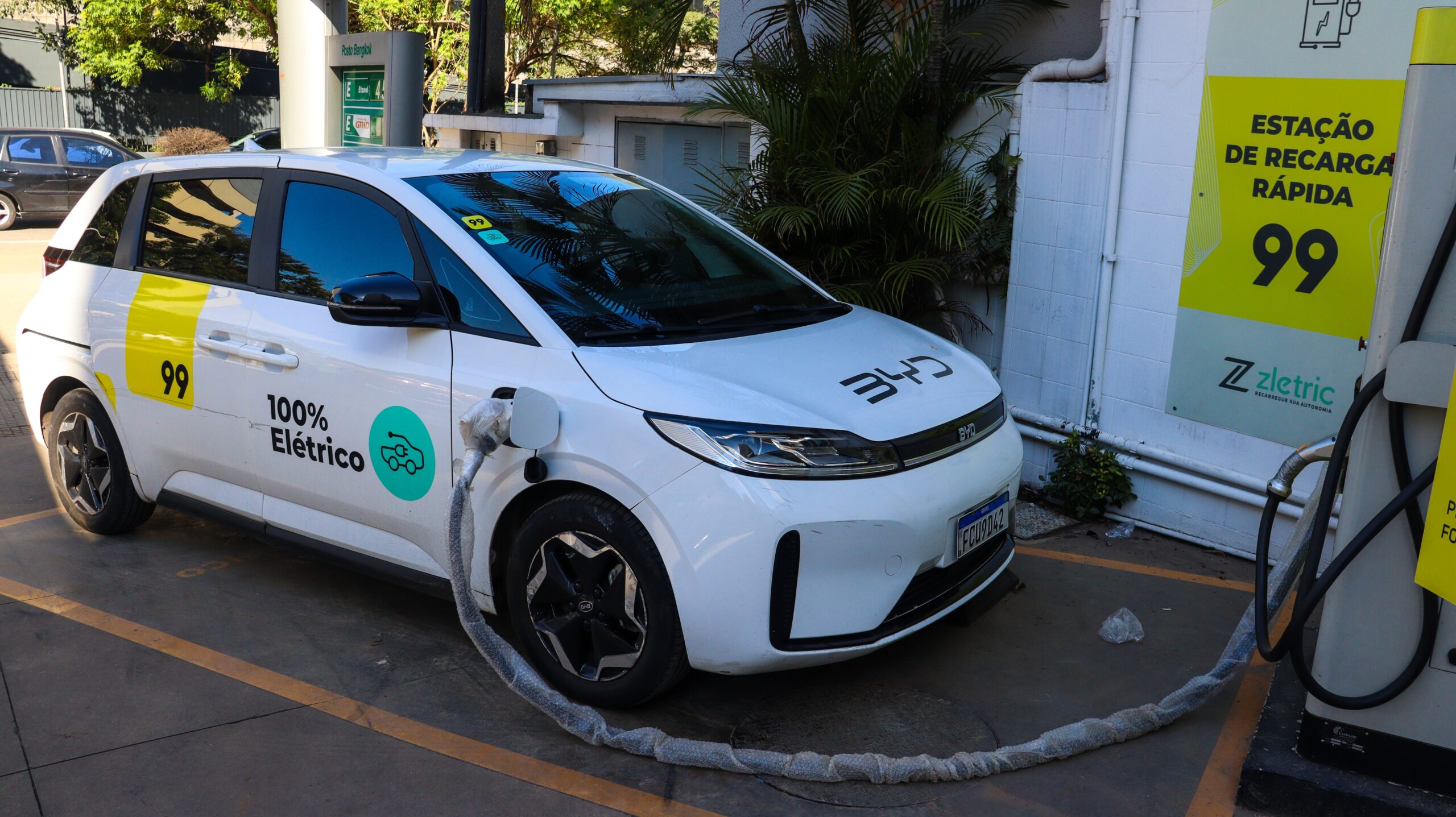Burkina Faso’s interim president, Ibrahim Traoré, has reignited Pan-African consciousness with a bold anti-imperialist agenda rooted in self-reliance, resource nationalism, and unity against neo-colonial influence. His leadership has sparked solidarity movements across Africa and the diaspora, challenging the continent’s political elite to match the aspirations of its youth.
It has only been in power since September 2022, but the military junta in Burkina Faso has become a focal point of anti-imperialist sentiment and Pan-African locus for soul-searching. Its leader, Captain Ibrahim Traoré, has chosen to follow the country’s former slain revolutionary leader, Captain Thomas Sankara, whose agenda focused on land reform, women’s rights, and economic independence—challenging the neo-colonial dependencies that plagued many African nations. While this has endeared him to Burkinabé, it is his anti-imperialist stance and strong Pan-African Consciousness that has endeared him to Africans across the globe. But that has also earned him some predictable enemies.
On 21 April 2025, Burkina Faso announced a foiled coup against Traoré. With the exception of the Moroccan monarch, no political leader in Africa condemned it, failing to show African solidarity. However, on 30 April thousands of Burkinabè gathered in Ouagadougou’s Nation Square to affirm their revolutionary choice, marking what analysts call the “insurrection of consciousness.” This event took place a few days after General Michael Langley, the commander of US Africa Command (AFRICOM), made controversial remarks during a US Senate Armed Services Committee hearing on 3 April accusing Traoré of misusing Burkina Faso’s gold reserves to protect his military regime rather than benefiting the country’s citizens.
Similar demonstrations took place in other countries, far and near, including the African diaspora. Some of the youth demonstrating in Ghana offered to volunteer to fight in support of the Burkinabe regime. In Liberia, the government cracked down on demonstrators who defied a government order and took to the streets.
That Traoré has re-ignited Pan-African Consciousness across Africa is no longer in doubt.
Why it matters
Renowned Ghanaian scholar Agyeman Badu Akosah recently stated that democracy in Ghana only benefitted politicians and their families while marginalising a large portion of the population. Since 1992, the system has failed to serve the broader interests of the country and has done little for national development. Such sentiments should not be seen in isolation, but rather as affirmation of what other Pan-African scholars and Africans have questioned for a long time. Given that Ghana is one of the most viable democratic countries in Africa, his statement is also a reflection of the mood of Africans about democracy.
According to the Institute for Security Studies (ISS), “nothing about us without us” and “ignore us at your own peril” are now popular clarion calls by young people that regularly resonate across the continent from Tunisia to Burkina Faso, Ethiopia, Burundi and South Africa. This reaction is their response to both bad governance and their exclusion from policy making and decision-making for far too long. Just last year, Kenya’s democracy faced its greatest challenge yet with pro-democracy groups, predominantly led by Gen Z, successfully forcing President William Ruto to withdraw a controversial tax bill and sack almost the entire cabinet. In July 2024, Nigeria and Uganda also had their Gen Z uprisings against bad governance but managed to suppress them.
In Burkina Faso, which is ruled by a military junta, the story appears to be different since Traoré took power. Traoré has nationalised Burkina Faso’s wealth by establishing a state mining corporation (SOPAMIB) to ensure that the country’s resources benefit its people rather than foreign corporations. His anti-colonial stance has led to trepidation in the West and within the Economic Community of West African States (ECOWAS). Burkina Faso, Mali, and Niger have since formed a new regional grouping, the Alliance for the Sahel States (AES). Traoré expelled French troops and rejected foreign interventions. His stance on Pan-Africanism calls for self-reliance, challenges existing power structures, and inspires other African nations to unite against neo-colonialism and imperialism. Now that the genie is out of the bottle, what should African leaders do?
Three ways African leaders can engage
Recently, African countries have been navigating resource nationalism in their approach to mineral wealth, probably emboldened by Traore’s initiative. South Africa, Ghana, Botswana, and the Democratic Republic of the Congo are notable examples. This Pan-African move, nevertheless, requires a complex balance between attracting investment and managing economic stability. Meanwhile, most African leaders are still sitting on the fence. For the vast majority of Africans to benefit from the ongoing wave of reforms and Pan-African initiatives, the African Union, leaders of the Regional Economics Communities (RECs) and governments, can consider a few things to meet the aspirations of the people.
First, recurring themes in Pan-African discourse of self-reliance and African solutions to African problems seem to be principles underpinning Traoré’s philosophy, which is helping him to connect with the people on the ground, especially young people. African leaders should prioritise the needs of the people, putting in place plans and strategies that do not require external funding and support to be implemented sustainably.
Second, despite the withdrawal of the trio from ECOWAS, opportunities still exist to address some of the fundamental grievances that led to the decision to establish the AES. In this regard, the Special Envoy appointed by Ghana’s President John Mahama provides a glimmer of hope for continuous engagement and re-calibration of regional collaboration with AES, despite its (AES) plan to impose import duties on ECOWAS members and restrict free movement in AES territory.
Third, African leaders, including the Regional Economic Communities and the African Union, should re-energise Pan-African Consciousness across the continent to inspire continental and regional projects that all Africans can be proud of. This would require a bold renunciation of bad agreements and delineation of priorities that have hitherto been influenced by former colonialists and neo-colonialists and repackage them into an anti-colonial agenda that fosters a sense of sovereignty, reflecting Pan-African identity and solidarity. Frustrated by governance systems that do not reflect youth priorities over the years, young people seem to see a glimmer of hope in ongoing pan-African reforms. Young people in Africa, representing over 65 percent of the population, are clamoring for opportunities for them to be heard and represented in decision-making processes. Only Africans can build the continent they want with African resources under strong Pan-African leadership, and President Traoré of Burkina Faso seems to be showing the way.
Without a doubt, Traoré‘s leadership and the movements it has created in Burkina Faso and beyond offer an inflection point for Africans and their leaders to return to their Pan-African roots. This would be achieved through the promotion of unity, self-reliance, and sustainable development across the continent per aspirations of African Union’s Agenda 2063: The Africa We Want.
As the Traoré phenomenon spreads across the continent, it is vital for African leaders to embark on initiatives that meet the aspirations of their people, especially the youth. The leaders should be intentional in renewed efforts to re-awaken Pan-African consciousness not only in rhetoric but also in deed, continue with policies that unite and bind Africans together—including the renegade AES—and immediately renounce and re-negotiate post-independence policies and agreements that do not serve the interest of Africans.
Dr Seth Appiah-Mensah is a veteran peacekeeper and an expert on pan-African security partnerships. As a former military officer in the Ghana Armed Forces, he served with ECOWAS in Liberia, African Union in Sudan (Darfur) and the United Nations in Sierra Leone. He is a former Military Advisor for the African Union Mission in Sudan (AMIS) and worked with the United Nations for close to two decades as a civilian. He has a PhD in Political Science and International Relations from the University of Western Australia and has published several articles.
This article is published under a Creative Commons License and may be republished with attribution.





